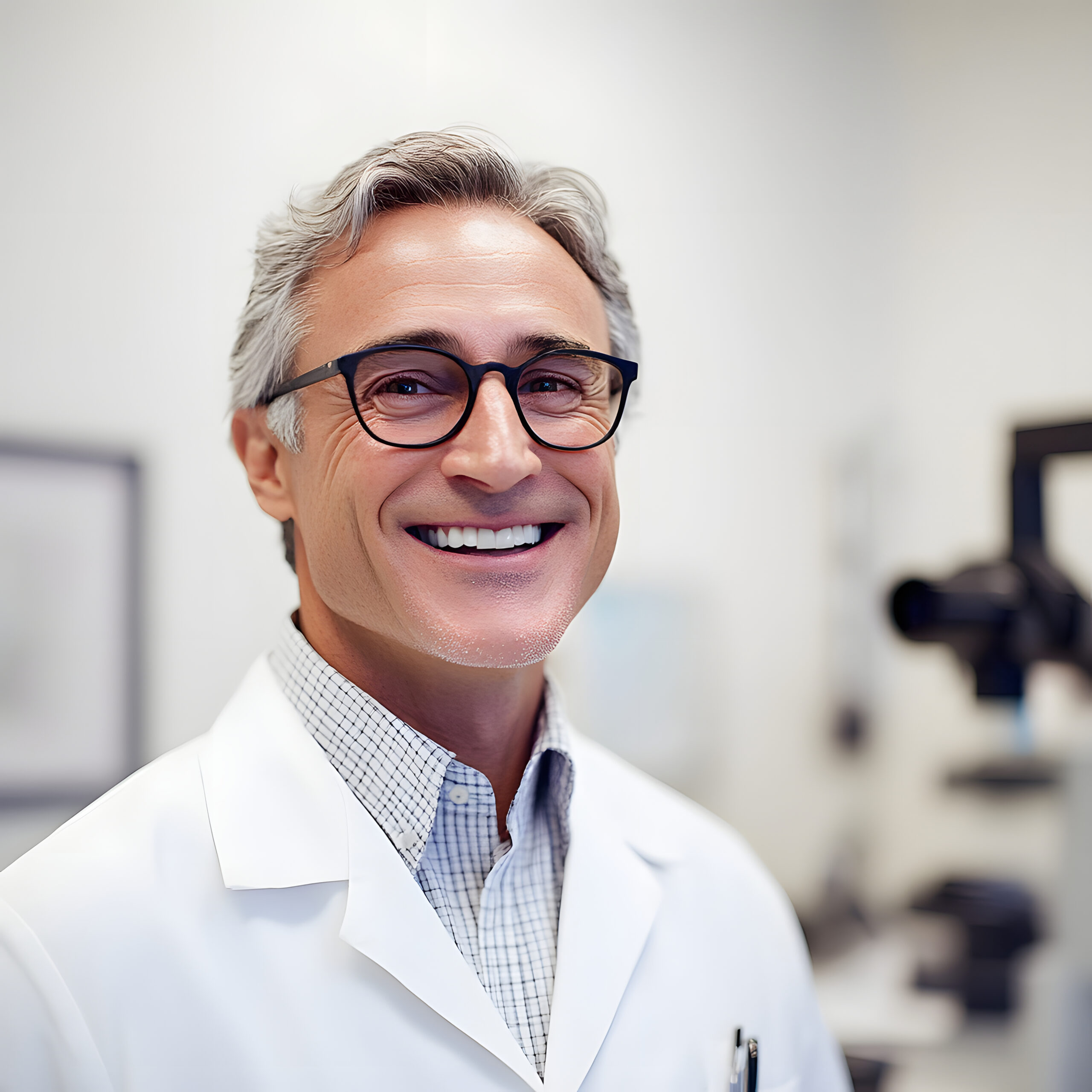Request an Appointment
Your Trusted Partner for Exceptional Gastroenterology Services in San Antonio

Personalized, Around-The-Clock Treatment By Board-Certified Physicians
Your gastroenterology needs are at the forefront when you choose our team at San Antonio Gastroenterology Associates. We’re a network of skilled and experienced GI professionals who are dedicated to getting you connected with the right resources and treatments. Our team looks forward to becoming a trusted source for your GI needs throughout the San Antonio, TX area. Improve your digestive health today and schedule an appointment.
OUR SERVICES
Anorectal Manometry
Argon Laser Therapy
Capsule Endoscopy
Chronic Care Management
Colon Cancer Screening
Colonoscopy
Esophageal Dilation
Esophageal Manometry
Esophagogastroduodenoscopy (EGD)
Feeding Tube Insertion (PEG)
FibroScan®
Flexible Sigmoidoscopy
Hemorrhoid Banding
Infusion Therapy (IV Infusion)
Sphincterotomy
Services
Anorectal Manometry
Argon Laser Therapy
Capsule Endoscopy
Chronic Care Management
Colon Cancer Screening
Colonoscopy
Esophageal Dilation
Esophageal Manometry
Esophagogastroduodenoscopy (EGD)
Feeding Tube Insertion (PEG)
FibroScan®
Flexible Sigmoidoscopy
Hemorrhoid Banding
Infusion Therapy (IV Infusion)
Sphincterotomy
LATEST RESOURCES

When Should You See a Doctor for Hemorrhoids?
At San Antonio Gastroenterology Associates, we regularly encounter patients from San Antonio, TX, who are grappling with the discomfort of hemorrhoids. These swollen veins in the lower rectum or anus can lead to pain, itching, and in some cases, bleeding. Without appropriate treatment, hemorrhoids can progress into more severe health problems. It’s important to recognize
Read More